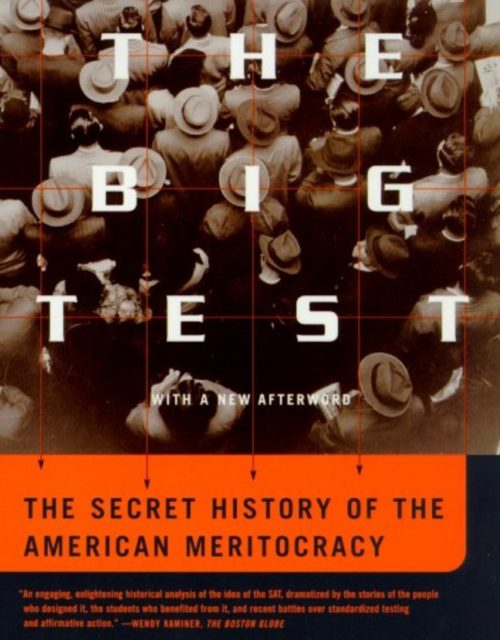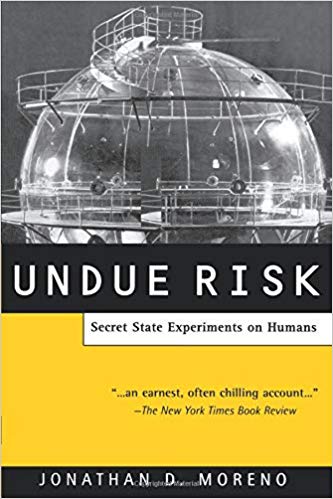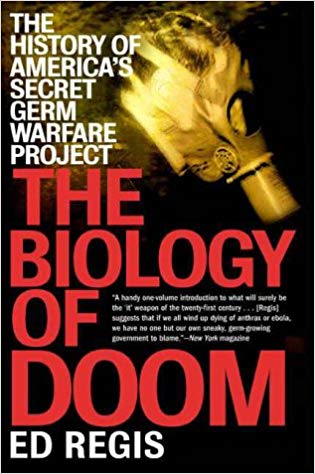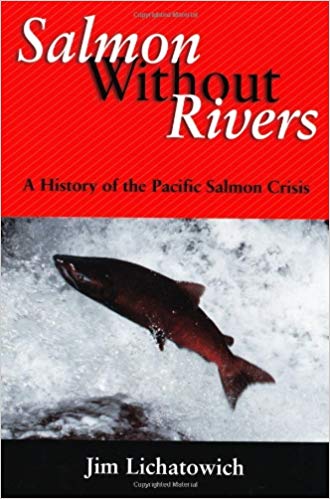The Future of Higher Education
Every issue explores cutting-edge developments in technology, medicine, education, climate change, and much more. Articles provide in-depth analyses of science and technology’s impact on public policy, the economy, and society—bringing today’s best minds to bear on tomorrow’s most critical topics.
Editor's Journal
Wider Education
December 10, 1999, the day I began to write this column, I came across two press reports that reinforced my belief that the time was right for Issues to publish this special… Read More
From the Hill
From the Hill – Winter 2000
Big increase for NIH boosts R&D spending in FY 2000 budget Bolstered by the largest-ever dollar increase in R&D spending for the National Institutes of Health (NIH), total federal support for R&D… Read More
Perspectives
Confronting the Paradox in Plutonium Policies
The world’s huge stocks of separated, weapons-usable military and civil plutonium are at present the subject of profoundly contradictory, paradoxical policies. These policies fail to squarely confront the serious risks to the… Read MoreAirline Deregulation: Time to Complete the Job
Deregulation of the airline industry, now more than two decades old, has been a resounding success for consumers. Since 1978, when legislation was passed ending the government’s role in setting prices and… Read More
Real Numbers
Changing paths, changing demographics for academics
The decade of the 1990s has seen considerable change in the career patterns for new doctorates in science and engineering. It was once common for new doctorates to move directly from their… Read More
Features
The Future Arrives First in California
Thirty years ago, Lord Ashby, a distinguished foreign observer of U.S. higher education, commented that much of the thinking about higher education’s future in the United States was dominated by two topics:… Read MoreNew Roles for the 21st-Century University
Perhaps the unique characteristic of higher education in the United States is the strong bond between the university and society. Historically, universities have been shaped by, drawn their agenda from, and been… Read MoreRemaking the Academy in the Age of Information
Higher education around the world must undergo a dramatic makeover if it expects to educate a workforce in profound transformation. In 1950, only one in five U.S. workers was categorized as skilled… Read MoreBuilding on Medicare’s Strengths
The aging of the U.S. population will generate many challenges in the years ahead, but none more dramatic than the costs of providing health care services for older Americans. Largely because of… Read MoreMaking the Internet Fit for Commerce
The laws of commerce, which were established in a marketplace where sellers and buyers met face to face, cannot be expected to meet the needs of electronic commerce, the rapidly expanding use… Read MoreUniversities Change, Core Values Should Not
Half a dozen years ago, as I was looking at the research university landscape, the shape of the future looked so clear that only a fool could have failed to see what… Read MoreSupport Them and They Will Come
On May 6, 1973, the National Academy of Engineering convened an historic conference in Washington, D.C., to address a national issue of crisis proportions. The Symposium on Increasing Minority Participation in Engineering… Read MoreWinter 2000 Update
Independent drug evaluation Innovation in public policy requires patience. Five years have passed since Raymond L. Woosley, chairman of the Department of Pharmacology at Georgetown University, made the case for the need… Read More
Book Reviews

Too much ado about testing
Nicholas Lemann, a staff writer for the New Yorker and the author of the outstanding history The Promised Land: The Great Black Migration and How It Changed America, tells a fascinating… Read More
Medical assault
In Undue Risk, Jonathan Moreno, professor of medical ethics at the University of Virginia, tells the disturbing story of the U.S. government’s secret experiments on its own citizens. Driven primarily by… Read More
Water Scarcity
The most capital-heavy and, in a sense, fundamental technology behind the extraordinary productivity of modern farming is irrigation. So ancient as to be paired with the emergence of the first cities and… Read More
Biological warfare
During the past five years, concern that outlaw states and terrorists could resort to biological warfare (BW) against U.S. troops abroad or civilian populations at home has focused official and public attention… Read More
Free the fish
The coast-wide decline of Pacific salmon is in some respects a familiar story. The basic plot–the advance of development, the loss of habitat, and the emergence of an endangered species crisis–is, unfortunately,… Read More
Archives – Winter 2000
David Locke Webster David Locke Webster (1888-1976) had an unusually long and varied career. After having obtained a Harvard Ph.D. on the basis of his investigation of the optical properties of chlorine… Read More
